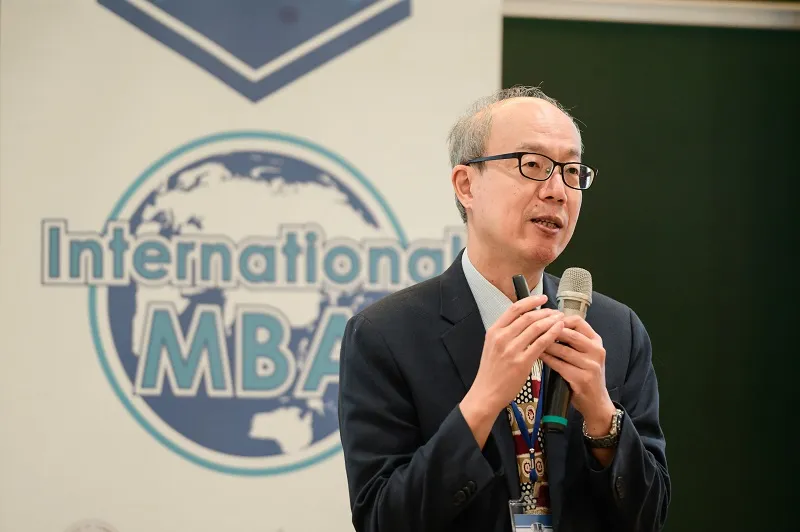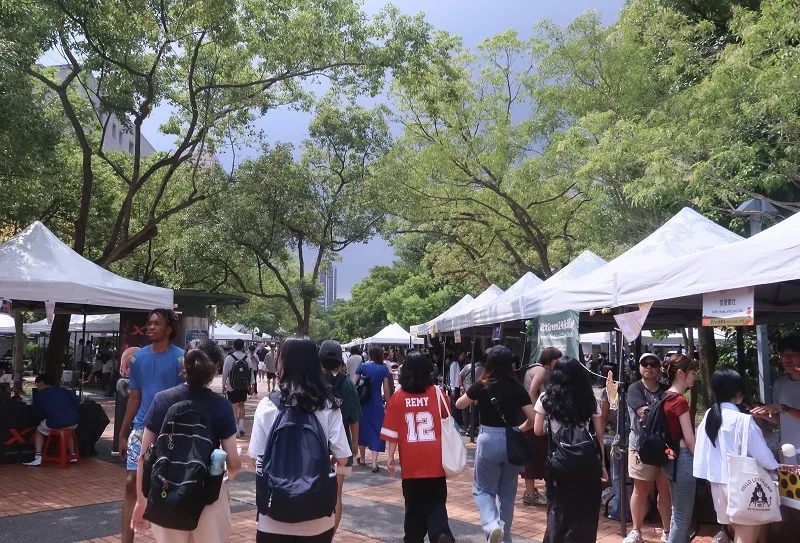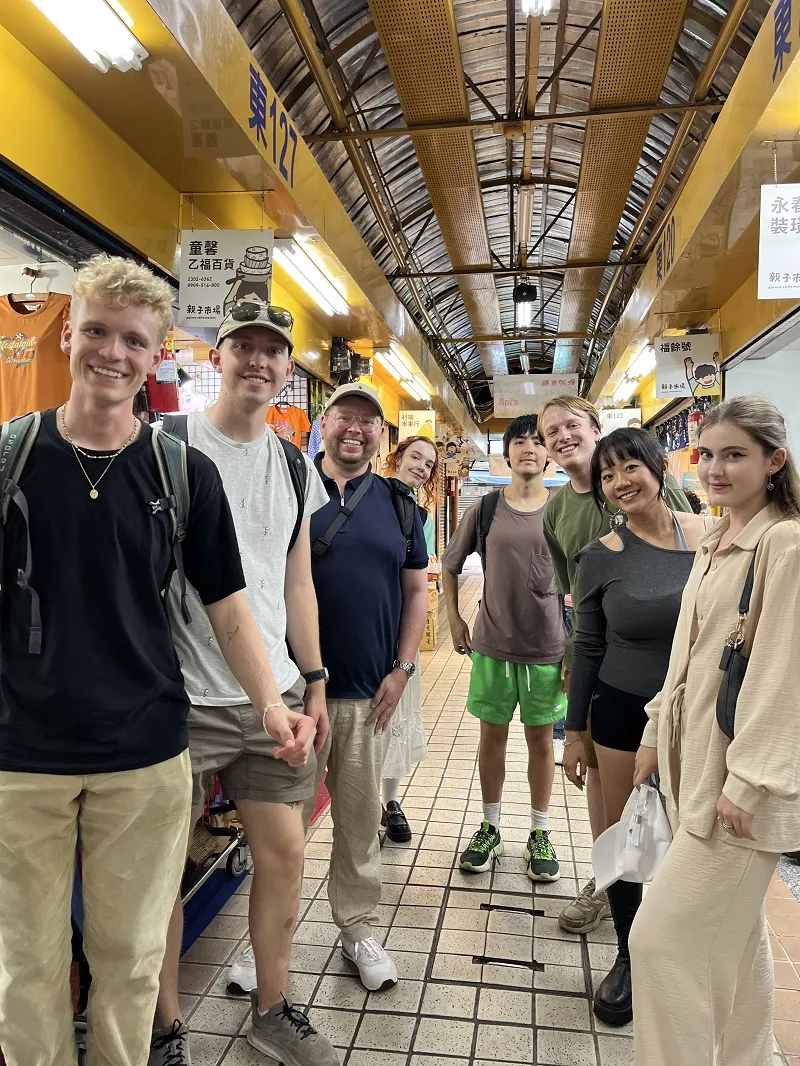Moving halfway around the world is thrilling. But it is also terrifying. Life so far from home can sometimes feel isolating. You don't have your regular people, habits, and hum drum of your familiar everyday keeping you sane. Who are you removed from your regular context? This unsavoury combination of identity crisis and homesickness is a common affliction amongst international students.
How we combat these feelings matters. One productive way NCCU international students turn this pathos into passion is through volunteering. Volunteering is medicine for the soul. In those moments where our sense of self experiences a few wobbles, volunteering plants deep and sturdy roots.
In this article, we'll unpack the virtues of volunteering – then hear the stories of two passionate NCCU students and the incredible volunteering journeys they have embarked on.
Loneliness compounds homesickness
One of the most common negative feelings associated with moving away from home is loneliness. It is an essential human need to be known and understood by others. And this need is getting harder to access. People are more lonely than they have ever been.
In 2023, the World Health Organisation declared loneliness a "global health emergency". The United Kingdom and Japan have both appointed a Minister for Loneliness. This epidemic transcends both age and borders — with Covid-19 shockwaves and increasing reliance on the digital world exacerbating the effects. Finding connection in times of widespread disconnection is more important than ever.
Pro-social activities in anti-social times
Philosophers have argued about the true source of human happiness for centuries. Throughout the history of ideas, two diverging views emerged.
The first argues that people who seek pleasure and happiness for oneself find greater satisfaction. In other words, behaving in your own self-interest is the key to happiness. The other view follows Aristotle, arguing that true happiness is found in increasing the happiness of others. Following virtue ethics, happiness is found in the pursuit of virtue — meaning a happy person is also a moral person.
Studies of volunteering support the second view of happiness — that helping others is the way to higher individual happiness. Research helps uncover this symbiosis between helping the self and others. When we help others, we are certain to help ourselves. But when we solely focus on helping ourselves, we are not guaranteed happiness.

▲Helping others is the way to higher individual happiness.
Reasons for volunteering often centre around a personal project that adds meaning to our lives — connecting us to values we are committed to. What we care about is who we are. In this way, volunteering gives our lives identity and meaning. The good life is an ethical one in which our personal interests are tangled up in the wellbeing of others.
Volunteering is one of the most pro-social activities we can do. It is all about social networks and the importance of people power. Studies show volunteers have high levels of social connectedness — a key ingredient for happiness. For example, children who volunteer during their younger years are more likely to adopt pro-social attitudes later on in life. These social ties generate trust in others — leading to healthier societies and happier people.
Connection cures all
Beyond our social lives, volunteering encourages a myriad of other happiness-friendly effects. Volunteers tend to be more politically engaged than non-volunteers — where robust social networks help distribute information amongst communities. Sociology also supports the idea that volunteering "keeps the kids out of trouble" — helping young people escape patterns of delinquency.
Good social health is good physical and mental health. Volunteers enjoy better physical health in old age, score higher on measures of functional ability, and have lower risks of mortality. They also have better mental health outcomes — showing people they can make a difference and sheltering them from depression in the process.
Volunteering in Taipei — NCCU students connecting through volunteering
Amongst NCCU International students, volunteering is an important avenue for connection, purpose, and stability. Let's hear their stories.
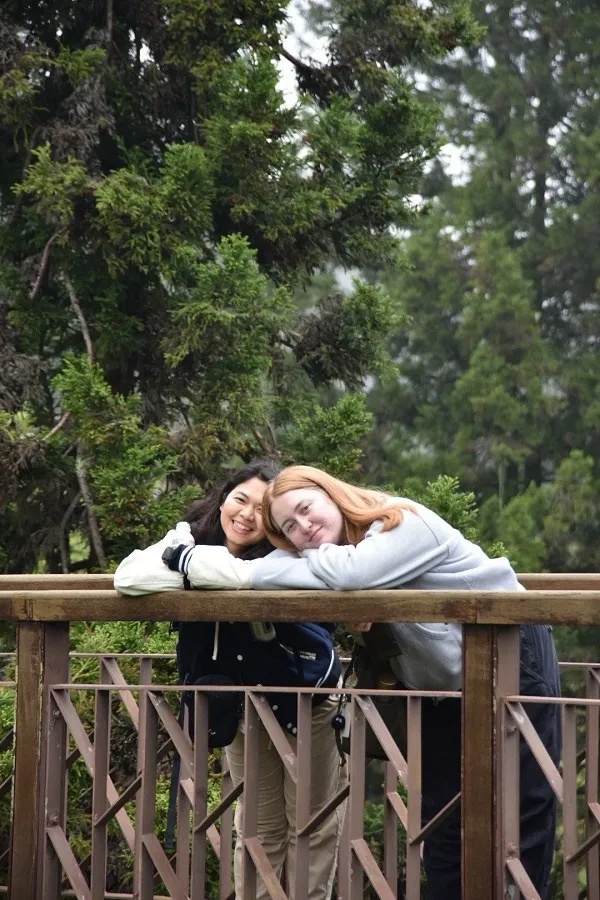
▲Gemma and Saga together
Saga's story
JaSengHkwan Saga (Saga) is a student from Myanmar who belongs to the Kachin ethnic minority group. She is a master's degree student in the IMAS program at NCCU.
Saga has always wanted to support her community through education. In her words, "back in Myanmar, a lot of people are struggling just to get by, and I truly believe that education can open the door to a better life. After the 2021 military coup, many young people fled the country to avoid conscription and the current political situation. Some came to Taiwan without clear goals—they were still so young and had no real direction for their future."
Away from home and free from parental control for the first time, some of these young people started to feel freedom in both good and not-so-good ways. Many lost their path. As Saga says, "I can't go back to Myanmar right now, so that's when I realised—maybe I could help support those who feel lost or uncertain. Even just by sharing what I've learned and creating a space where we can talk, share, and feel less alone".
Saga started out with a simple goal — to connect her community. She knows how isolating it can be living far from home with a different language and culture. "I've gone through those feelings myself, and I didn't want others to feel the same kind of loneliness I did. I wanted them to know they're not alone. Even if they're far from Myanmar, they still have a community here—people they can talk to, share with, and ask for help when they need it", she reflects.
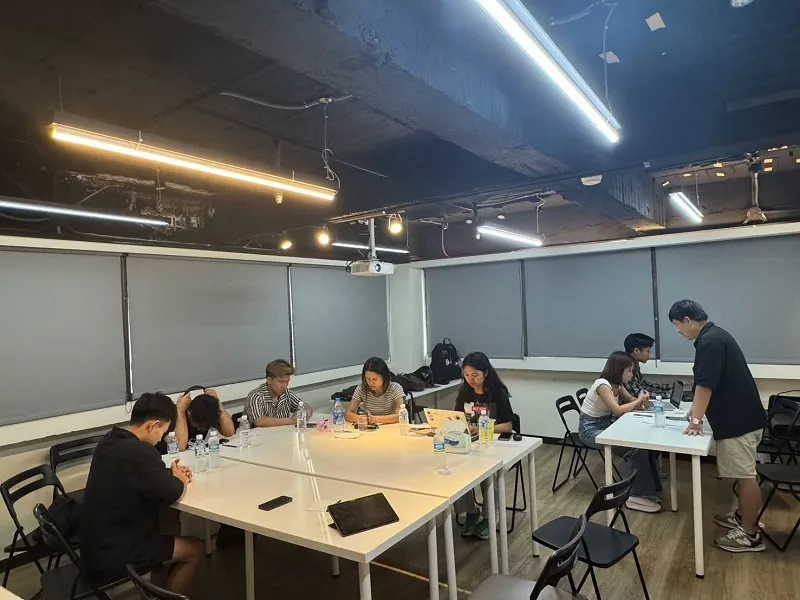
▲Saga started out with a simple goal — to connect her community. She knows how isolating it can be living far from home with a different language and culture.
Her journey took off when another Kachin student doing his Master's in Taiwan reached out. The two discovered they had a shared passion — education. In Saga's words, "there aren't many Kachin students doing grad school here—as far as I know, maybe just the two of us. But we both really care about education, especially for our Kachin community, and we shared the same hope to improve access and awareness."
Saga is now the co-founder of an emerging organisation focused on supporting Kachin students' education in Taiwan. A few months ago, they held their first welcome event. It was the first time Kachin students from different parts of Taiwan came together in person.
In Saga's words, "during the event, we shared our dreams, struggles, and got to know each other better. Besides that, we've been holding regular online meetings and sharing useful information through social media, like sharing school information and life in Taiwan. It's still a small network, but we're slowly growing and building a sense of community."

▲A few months ago, they held their first welcome event. It was the first time Kachin students from different parts of Taiwan came together in person.
The response has been overwhelmingly positive. One moment that stood out for Saga was when one of the Kachin students opened up to her — crying as she shared her struggles. "She said it was the first time she felt truly seen and supported since coming to Taiwan. That moment reminded me why this organisation matters—it's not just about activities, but creating a space where people feel safe, connected, and understood", Saga says.
Beyond the immediate group, Saga also makes special mention of the curiosity and kindness from her peers at NCCU. "Some even asked me to invite them to our future events because they're curious and want to learn more about Kachin students and our culture", she shares.
For Saga, giving back means using her experiences to help others, even if it's in small ways. She says, "as an international student, it means sharing across cultures, contributing wherever we are, and not forgetting where we come from."
Saga hopes to continue her support to students from Myanmar, "as well as those who are still back home and struggling under the current political situation", she adds. In the future, she's looking to take things global — spotlighting her community's needs on an international scale.
Gemma's story
Gemma is a student from the United States studying Asia-Pacific Studies at NCCU. She sat down to share her incredible volunteering story before her Taiwan chapter.
Gemma's volunteering began in response to the Woman, Life, Freedom movement in Iran, inspired by a close Iranian friend, whose cousin had been arrested for protesting. What started as a teach-in to raise awareness quickly evolved into a much broader initiative: organising events, lobbying administrators, and laying the groundwork for campus-wide support for the South West Asian and North African (SWANA) diaspora.
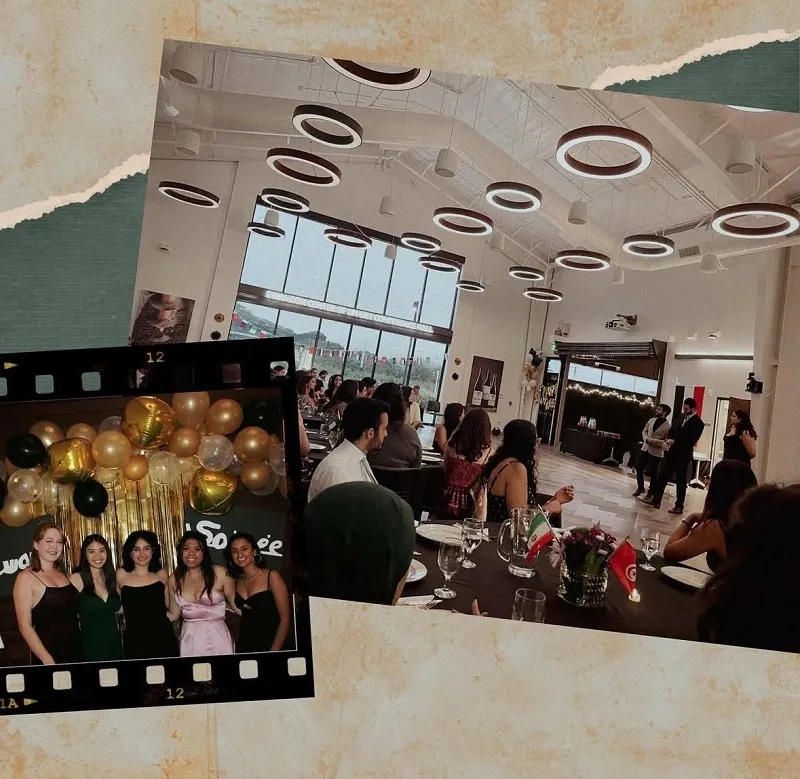
▲Gemma kickstarted the first SWANA heritage month
She was driven to act because she saw a clear gap and had the capacity to fill it. The SWANA community didn't have the same visibility or support as other minority groups on her campus. And at the time, she was working as a student assistant — assisting minority students that would come into the multicultural centre. She provided resources, connections to administration, platforms, helped with funding, event organising, you name it. She knew what she had to do. In Gemma's words, "there were already amazing SWANA leaders in the community, they just weren't connected to the administration".
Gemma became the bridge — helping promote SWANA joy and pride through accessing campus-recognition afforded to other minority groups. She kickstarted the first SWANA heritage month — providing events like SWANA Soirée — a big community celebration, teach-ins, and fundraising. She also did things like allocate funds for students to build a memorial for the Armenian Genocide Remembrance Day or plan a barbecue hosted by the Iranian student organisation.

▲the SWANA heritage month — providing events like SWANA Soirée — a big community celebration, teach-ins, and fundraising.
"It's a community that often gets overlooked", Gemma says. Members of the SWANA community are often targets of islamophobia — and "their identities are unfairly defined by what their governments do", she reflects.
The odds were against her in these efforts. There were a lot of logistical issues — administrative roadblocks were common and money was always short. Getting told no ten times was always a precursor to a single yes. But Gemma held a steadfast philosophy — "it might not be much but it will be something. And something is always better than nothing".
For Gemma, activism is about redistributing power — using whatever access or privilege you have to build something bigger than yourself. In her words, "some people have easier access to certain avenues, and when you recognise that privilege, you really can redirect that energy to do good".
"They aren't my ancestors, they aren't my people, but they are my people now", she says. And crucially, Gemma argues this is no unique trait of hers. "We all have the ability to do that. We all have the ability to have camaraderie within different minority groups and promote understanding". After all, we all live inside the same system.

▲ "We all have the ability to do that. We all have the ability to have camaraderie within different minority groups and promote understanding" said Gemma
Connecting the local to the global
Both Gemma and Saga note the importance of their community work in contributing to a global outlook. Local efforts often feed into global struggles — building solidarity across borders.
In Saga's words, "it keeps me deeply connected to my identity as a Kachin from Myanmar, reminding me of where I come from and why I care about this work. At the same time, it has helped me build a real sense of belonging in Taiwan. And beyond that, it connects me to a global community of people who are also fighting for their rights, freedom, and a better future."
Gemma now wants to bring her volunteering past to her present — in her new home, Taiwan. In her words, "as an international student, I now want to give back to Taiwan as a guest on this land".


